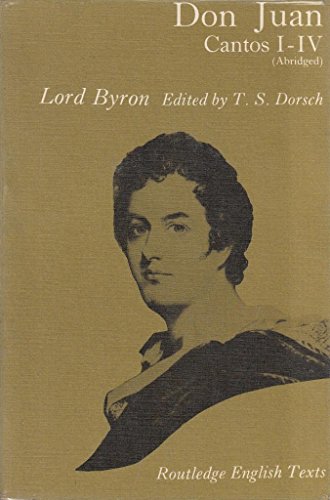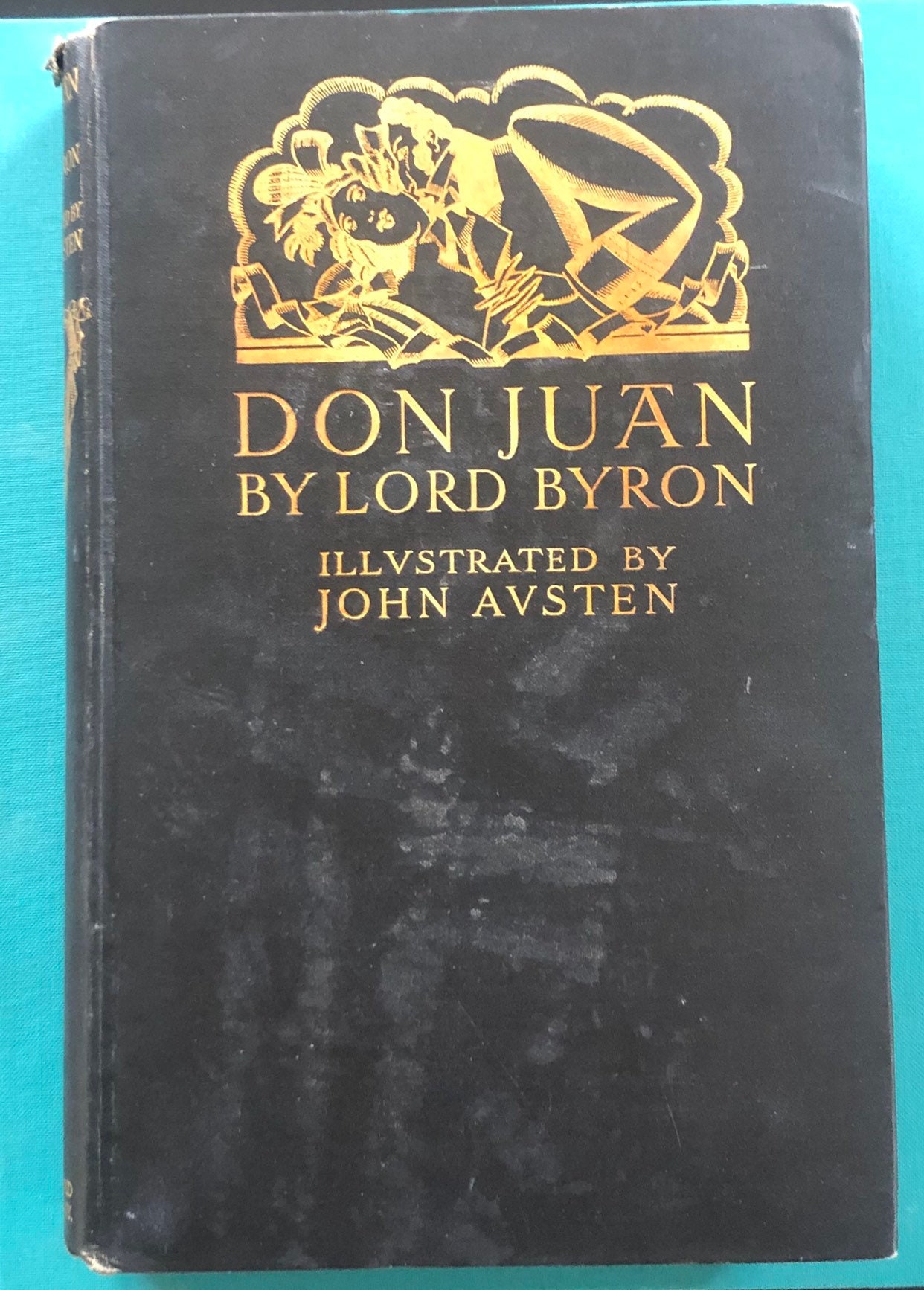

They eventually found themselves in Albania, where Byron was very well received by Ali, the Pacha of Yanina, a ruler renowned for his cruelty 10.

In June 1809, Byron and his friends John Cam Hobhouse and William Fletcher set off on a European tour which ended up as a tour of the Middle East. It sold well, but reviews were mixed, and Byron answered his detractors with the very successful satire English Bards and Scotch Reviewers 9. The book was republished (minus the offending poem) in March 1806 as Hours of Idleness. Byron took this opinion very seriously, and ordered every copy of the volume burnt 8. Byron sent copies to two of his friends, one of whom wrote back to say that he thought the poem To Mary was far too shocking to be read by the general public. In 1806, the book Fugitive Pieces appeared. Byron's encouraged Byron to publish his poems.

While staying at his mother's (something Byron did only when absolutely unavoidable), a neighbor of Mrs. Augusta's husband was a big spender too, so she understood and signed 7. He turned to his half-sister, Augusta Byron Leigh, child of Mad Jack's first marriage. He inevitably spent beyond his income of £500 a year and had to get a relative's signature to obtain a loan, as he was still only seventeen. He wrote lots of verses, and spent lots of money 6. He enrolled in Cambridge, but did no work, since that was the fashion of the time. So infatuated was he that he refused to return to Harrow after the holidays ended, and it took a huge fight with Lord Ruthyn to finally get him to go back.Īfter his love Mary Ann married another in 1805, Byron became a very He went back to Newstead for his Christmas holidays (it had been rented to a Lord Ruthyn and was now at least habitable) and fell in love with a neighbor (and cousin 5) named Mary Ann Chaworth. Glennie's Academy at Dulwich and then to Harrow, where he was, of course, mercilessly taunted by the other boys 4.

Byron finally got her son a decent income. The Byron estate was mostly tied up in lawsuits, but Mrs. Newstead, the ancestral home in England, was an absolute wreck 3, so Byron's mother moved them to nearby Nottingham. When the Wicked Lord died, Byron became, at the tender age of ten, the sixth Lord Byron.


 0 kommentar(er)
0 kommentar(er)
